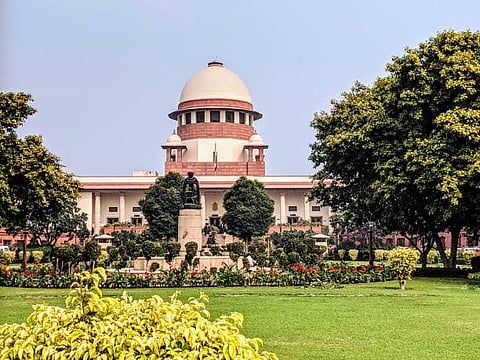

The Supreme Court on Monday, September 15, directed the University Grants Commission (UGC) to consider a set of key suggestions aimed at tackling ragging, sexual harassment, and discrimination based on caste, gender, disability, and other biases in higher education institutions.
The court said the move was intended to make campuses safer and more inclusive, while also helping prevent student suicides, as per a report by India Today.
A bench of Justices Surya Kant and Joymalya Bagchi instructed the UGC to incorporate suggestions made by the mothers of Rohith Vemula and Payal Tadvi, both of whom allegedly died by suicide following caste-based discrimination, while finalising the draft regulations within eight weeks.
Key suggestions to promote inclusion and safety
The suggestions recorded by the court call for:
Total prohibition of discriminatory practices across educational institutions
Non-segregation measures, including a ban on allocating hostels, classrooms, or laboratory batches based on entrance ranks or academic performance
A ban on public display of merit lists and on rank-based “buddy systems” that could isolate students from marginalised communities
Ensuring that delays in disbursing scholarships and fellowships for Scheduled Caste (SC), Scheduled Tribe (ST), and Other Backward Classes (OBC) students are not used as a tool of harassment
Stronger internal grievance redressal mechanisms and protection for complainants
Personal liability for administrators found negligent in addressing complaints
Mental health counselling, specific guidelines on caste discrimination, equitable learning support, and fair internal assessment processes
Previous Supreme Court directions
This order follows the court’s earlier directions on April 24, when it allowed the UGC to notify the 2025 draft regulations on ragging, sexual harassment, and discrimination. At that time, the court had also directed the UGC to ensure that no caste-based discrimination takes place in central, state, private, or deemed universities.
The bench had further sought data on the functioning of equal opportunity cells to check compliance with the UGC (Promotion of Equity in Higher Educational Institutions Regulations) 2012, added India Today.
